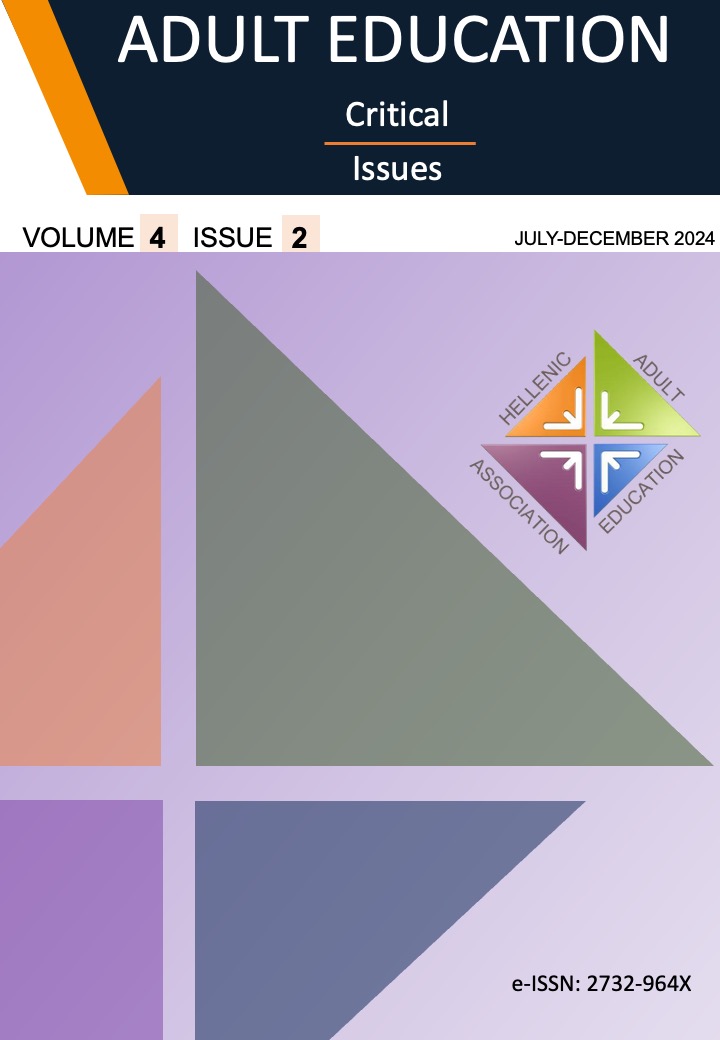Redefining Learning Outcomes in Higher Education through Centers for Teaching and Learning
Résumé
This paper critically examines the role of Centers for Teaching and Learning (CTLs) in enhancing learning outcomes within higher education institutions. CTLs are pivotal in fostering effective teaching environments, enhancing faculty capabilities, and ultimately improving student learning outcomes. The paper delves into the theoretical underpinnings that inform CTL practices, highlighting the influence of adult learning theories, transformative learning, and critical pedagogy on faculty development initiatives. It assesses CTLs' strategies in course design and student assessment, discussing the practical challenges such as funding limitations and resistance to pedagogical shifts. Moreover, it explores the broader implications of CTLs on institutional policies and the integration of technology in teaching. The paper proposes strategic enhancements for CTLs, including increased funding, policy reform, and leveraging international collaborations to enrich teaching practices. Through a comprehensive analysis of CTLs' impact on learning outcomes, the paper underscores their indispensable role in the continuous evolution of higher education.
Article Details
- Comment citer
-
Nouri, V. (2025). Redefining Learning Outcomes in Higher Education through Centers for Teaching and Learning. Adult Education Critical Issues, 4(2), 93–106. https://doi.org/10.12681/haea.39856
- Rubrique
- Articles

Ce travail est disponible sous la licence Creative Commons Attribution 4.0 International .
Authors who publish with this journal agree to the following terms:
- Authors retain copyright and grant the journal right of first publication with the work simultaneously licensed under a Creative Commons Attribution License that allows others to share the work with an acknowledgement of the work's authorship and initial publication in this journal.
- Authors are able to enter into separate, additional contractual arrangements for the non-exclusive distribution of the journal's published version of the work (e.g., post it to an institutional repository or publish it in a book), with an acknowledgement of its initial publication in this journal.
- Authors are permitted and encouraged to post their work online (e.g., in institutional repositories or on their website) prior to and during the submission process, as it can lead to productive exchanges, as well as earlier and greater citation of published work (See The Effect of Open Access).



